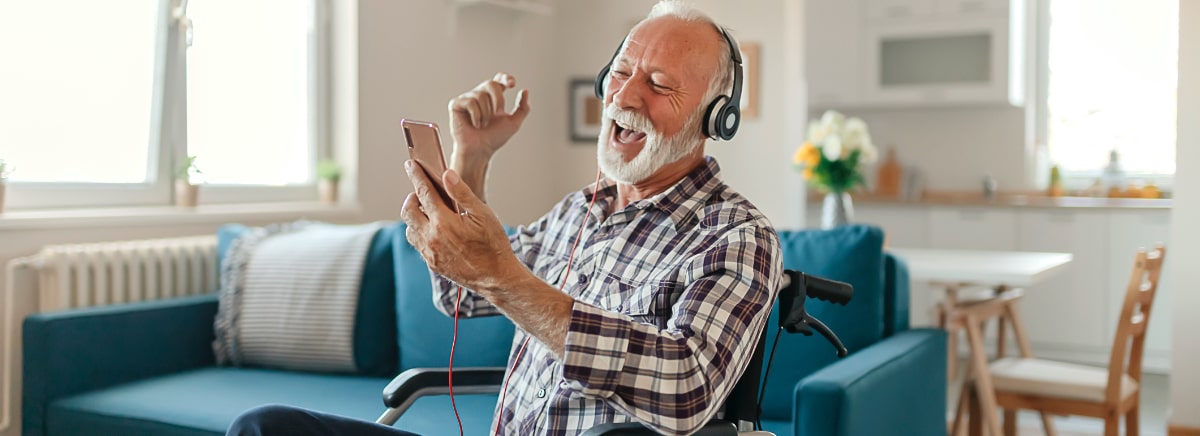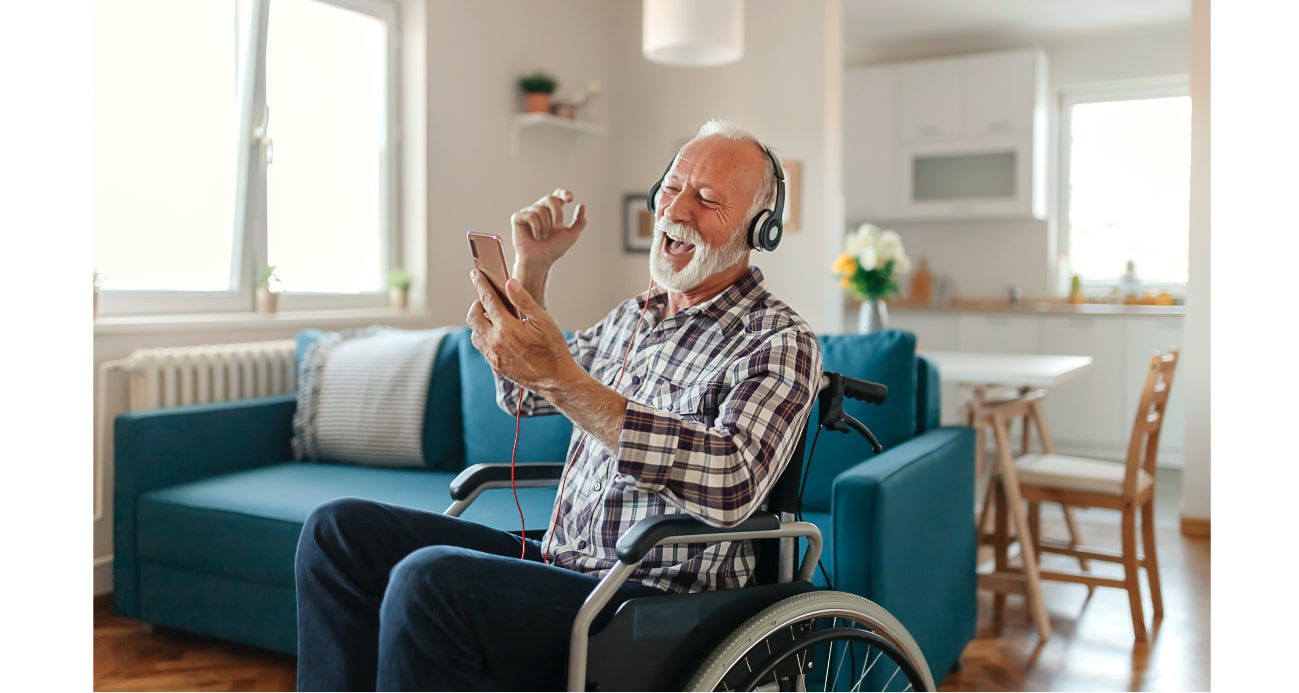SYNERGY HomeCare of Villa Rica would like to remind seniors to be proactive during the hot summer months and take steps to avoid dehydration, heatstroke, heat exhaustion, and fainting or dizzy spells. “Seniors are much more vulnerable to the harmful effects of heat, as their bodies do not adjust as well to sudden changes in temperature,” said Dr. Lubna Javed of HealthCare Partners Medical Group. “Some chronic medical conditions and prescription medications can impair the body’s ability to react efficiently to rising temperature.” The following are a few summer safety tips for seniors to beat the heat.
Stay hydrated. It is recommended that everyone drink 8 glasses of water each day, but especially those over 65. “Elderly individuals have a harder time knowing when they are dehydrated,” said Dr. Ronan Factora of the Cleveland Clinic. “As a result, they are more prone to heat stroke.” Seniors also lose the ability to conserve water as they age. Avoid drinks containing caffeine and alcohol, as they will further dehydrate you. If you are outside or exercising, be sure to drink sweat replacement drinks to replace the extra water you lost.
Dress appropriately. Loose-fitting and light-colored clothes will keep you cool and not absorb as much heat from the sun. It’s best to wear breathable fabrics, such as cotton, to help regulate your temperature. A broad hat and sunglasses will keep the sun’s rays out of your face and eyes.
Wear sunscreen. This is especially pertinent for seniors, as many prescription medications make your skin more sensitive to the sun. Applying a broad-spectrum sunscreen with an SPF of 15 or higher will help you avoid sunburn.
Stay out of the sun. Check the forecast and avoid prolonged time in the sun, especially on days where the temperature reaches above 90 degrees. Try to plan any outside activities for the early morning or in twilight hours after sunset.
Spend time in air-conditioned places. If you want to get out of the house while avoiding the heat (or if your house isn’t air-conditioned), look for activities in spots with AC. Go see a movie with the grandkids, or read a book at the library. A walk around the mall or a class at your local senior center are a great way to get exercise indoors.
Know when to cool down. If you’re feeling heated, take a tepid (not too hot or cold) bath or shower to cool down. You can also use cool washcloths on the neck, wrist, and armpits. Seniors are at a higher risk of heat-related illness due to health factors they are susceptible to such as poor circulation, heart disease, high blood pressure, and the inability to perspire due to certain medications. The following are health problems by heat and their warning signs:
| Health Problem | Definition | Warning Signs |
| Dehydration | A loss of water in the body | Weakness, headache, muscle cramps, dizziness, confusion, passing out |
| Heat Stroke | Dangerous rise in body temperature | Temperature of 103 or higher; red, hot, dry skin; fast pulse; headache; dizziness; nausea or vomiting; confusion; passing out |
| Heat Exhaustion | Caused by too much heat and dehydration and may lead to heatstroke | Heavy sweating or no sweating, muscle cramps, tiredness, weakness, paleness, cold or clammy skin, dizziness, headache, nausea or vomiting, fast and weak pulse, fainting |
| Heat Syncope | Fainting caused by high temperatures | Dizziness or fainting |
If you or a loved one experiences any of the symptoms above, move to a cool and shady place. If they are awake, try to get them to drink plenty of water/ and or sports drinks to replace electrolytes. In the case of heatstroke or heat exhaustion, seek medical attention immediately, especially if you have blood pressure or heart problems.

